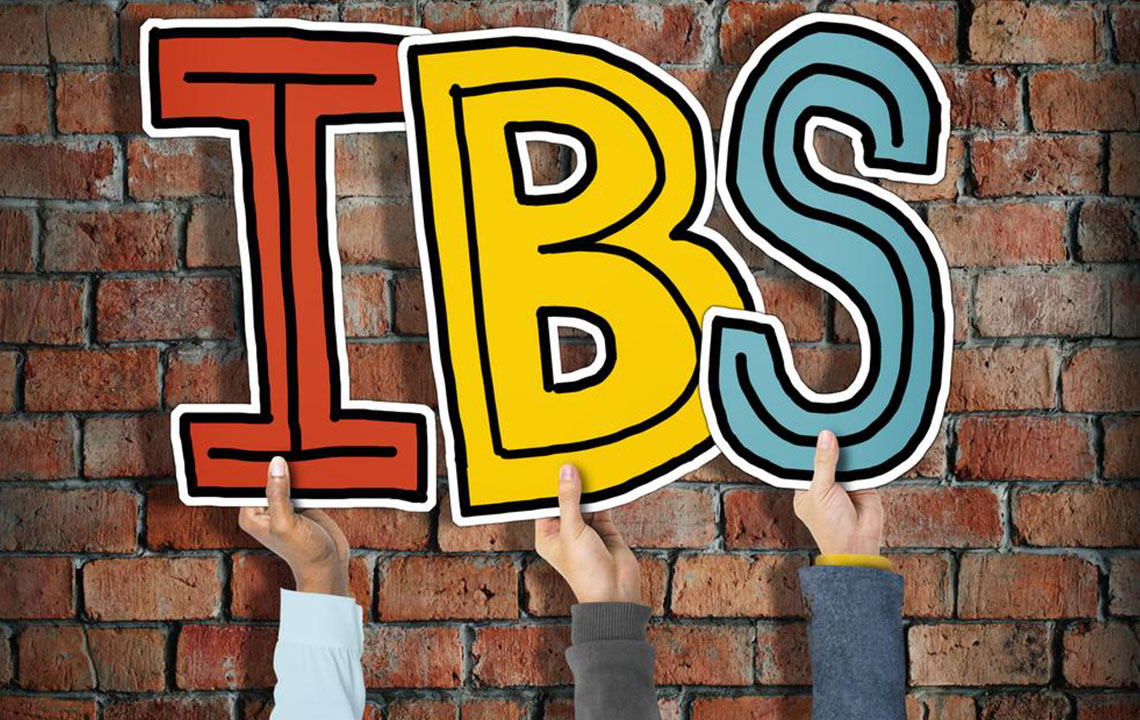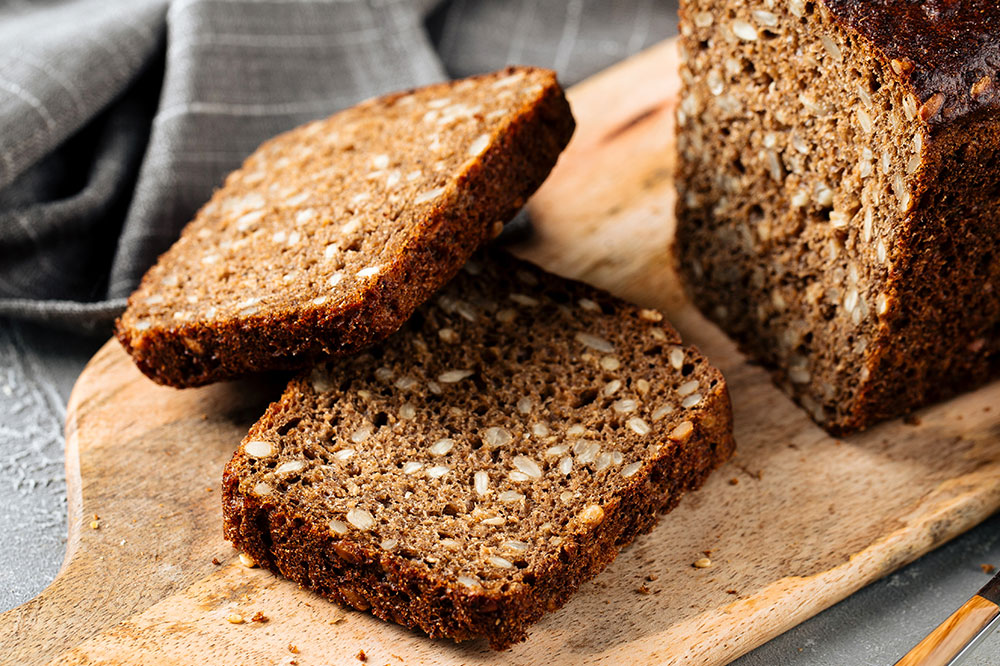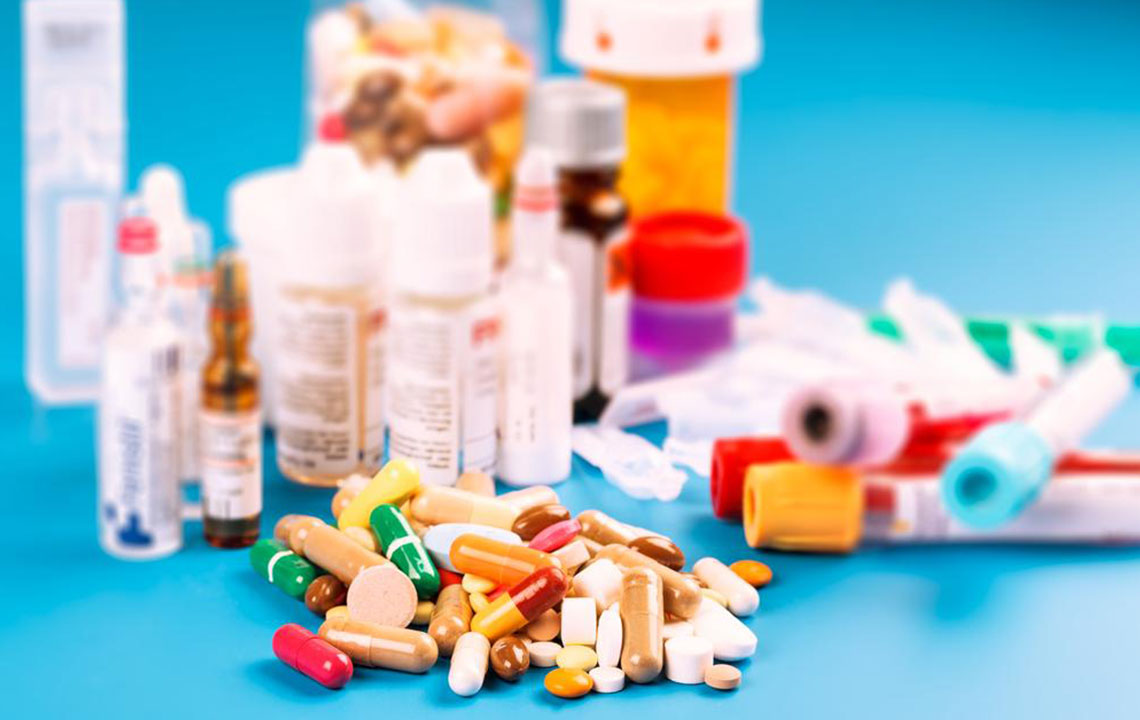Essential Medications for Managing IBS Symptoms
This article explores essential medications and therapies for managing IBS, including laxatives, antispasmodics, probiotics, and mental health strategies. It provides guidance on how tailored treatments can alleviate symptoms, improve digestion, and enhance quality of life for IBS sufferers.
Sponsored

Managing Irritable Bowel Syndrome (IBS) can be challenging since there is no complete cure yet. While medical treatments aim to reduce symptoms, lifestyle adjustments and psychological therapies also play vital roles. Healthcare providers often recommend specific medications tailored to individual needs. These include various drug categories designed to ease bowel irregularities, abdominal pain, and emotional stress associated with IBS. Understanding these treatment options can help patients better manage their condition and improve their quality of life.
Medications for IBS Symptom Relief
Laxatives
Laxatives are commonly prescribed to improve bowel movement. The main types include:
Dietary fiber
Osmotic laxatives
Stimulant laxatives
Emollients
Combining these can target different IBS symptoms effectively. Increasing dietary fiber intake to 20-25 grams daily is a good starting point, with supplements if needed. Osmotic laxatives like polyethylene glycol add water to intestines, promoting stool passage within 1-2 days. Stimulant laxatives act quickly but should be used under medical supervision as they may cause dehydration or electrolyte imbalance.
Spasmolytics and Anticholinergics
To control abdominal cramps, some patients benefit from antispasmodic medications. Although availability varies, these agents help relax intestinal muscles. Bulking agents such as bran and psyllium aid stool passage and relieve pain.
Anti-Diarrheal Drugs
Medication like loperamide reduces bowel movement frequency, enhances water absorption, and tightens anal sphincter tone. OTC options are available, while others require a doctor’s prescription. Always follow medical guidance and inform your doctor about other medications.
Antidepressants
Low-dose antidepressants help manage IBS by modulating pain signals from the gut. Tricyclic antidepressants ease diarrhea, whereas newer options like serotonin reuptake inhibitors benefit those with constipation. These medications also help reduce anxiety related to IBS.
Recent Therapeutic Developments
New medications have shown promise in alleviating IBS symptoms. Users should strictly adhere to doctor instructions and report any other treatments. Examples include:
Alosetron: reduces pain and diarrhea by blocking serotonin pathways
Rifaximin: antibiotic targeting gut bacteria, easing bloating and diarrhea
Eluxadoline: decreases bowel contractions, reducing pain
Lubiprostone: enhances intestinal fluid secretion, relieving chronic constipation
Linaclotide: improves bowel movement and lowers pain, targeting symptoms like bloating and discomfort
Probiotics
Beneficial gut bacteria supplements support digestion and may help reduce IBS symptoms. Available as capsules, tablets, liquids, and powders, probiotic-rich foods like yogurt are also beneficial.
Mental Health Strategies
Managing stress through therapy, mindfulness, or relaxation techniques can significantly improve IBS symptoms. Approaches like cognitive-behavioral therapy or meditation help reduce symptom-triggering stress and enhance overall well-being.






